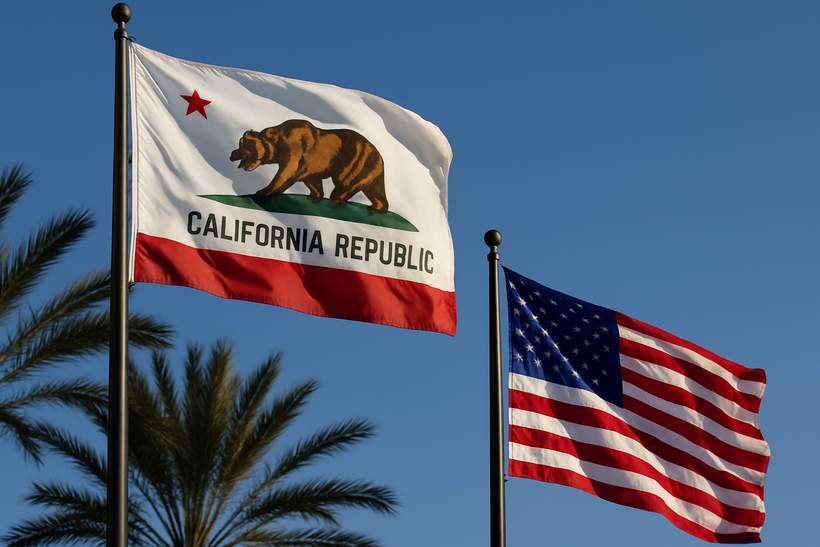Tribal Groups Use Supreme Court Ruling to Expand Legal Fight Against Kalshi

Tribes Highlight Supreme Court Ruling to Challenge CFTC’s Oversight of Kalshi
The ongoing legal dispute involving Kalshi, a rapidly expanding platform specializing in prediction markets, has intensified as tribal groups have referenced a recent United States Supreme Court decision to bolster their arguments against the platform.
Tribal Concerns Over CFTC Regulation of Kalshi’s Contracts
On July 1, more than 65 tribes and associated organizations submitted a statement pointing to the Supreme Court’s June 27 ruling in the case Federal Communications Commission v. Consumers’ Research. They argue that this decision supports their contention that the Commodity Futures Trading Commission (CFTC) lacks adequate authority to regulate Kalshi’s event-based contracts effectively.
Kalshi offers yes-or-no contracts on a variety of events ranging from elections to sporting events. It has become a prominent entity within the prediction market space. Earlier this year, Kalshi introduced contracts related to the Super Bowl, which triggered opposition from state regulators and tribal authorities. Although Kalshi operates with federal approval from the CFTC, many critics claim it bypasses traditional gambling laws and tax obligations.
Tribal organizations view Kalshi’s operations as a direct threat to their sovereignty and the revenue generated from gaming activities. Under the Indian Gaming Regulatory Act (IGRA), tribes have exclusive rights to govern gaming on their lands. The tribes warn that allowing Kalshi to operate unchecked could undermine tribal economies that rely heavily on gaming income to support essential public services.
The tribal representatives also emphasize that the recent Supreme Court ruling imposes stricter requirements for federal agencies to vet products before companies can self-certify them. In contrast, the CFTC has permitted platforms like Kalshi to self-certify their contracts with minimal oversight. This discrepancy exposes weaknesses in the CFTC’s regulatory framework and undermines Kalshi’s legal position, according to tribal spokespeople.
Kalshi Faces Multiple Legal Challenges but Secures Significant Funding
Kalshi is currently confronting similar legal opposition in various states, including Maryland, where further tribal briefs have been filed against the company. Additionally, top attorneys representing 34 states have supported New Jersey’s efforts, arguing that Kalshi’s contracts effectively constitute unregulated sports betting.
Despite increasing regulatory pressures, Kalshi continues to expand its operations. In late June, the New York-based company closed a substantial Series C funding round, raising $185 million. This round was led by Paradigm and elevated Kalshi’s valuation to $2 billion. Other notable investors include Sequoia Capital and Peng Zhao, the CEO of Citadel Securities. The company plans to allocate these funds towards technological development and forging new partnerships, with ambitions of integrating its platform into popular trading applications such as Robinhood and Webull.
Kalshi’s leadership remains resolute amid the legal battles. CEO Tarek Mansour described the ongoing challenges as a difficult fight to preserve prediction markets. He highlighted the platform’s extensive user base and record-setting trading volumes in political and sports markets. The Third Circuit Court is expected to review the current filings in the coming weeks, with possible hearings scheduled for September. The outcome may not only determine Kalshi’s future but could also reshape the regulatory landscape for prediction markets across the United States.